Information Delivery Specification (IDS) v1.0, which aims to create more accurate and reliable workflows, has reached final standard status, buildingSMART International has announced
It said the approval marks a significant milestone in how openBIM workflows are defined and implemented.
Clearly specifying information needs
IDS defines information requirements in a way that is easily read by humans and interpreted by computers. It allows for automation for end-users and creates clarity, confidence and consistency.
With this standard, users can specify what data must be included in a BIM dataset and subsequently validate if it is delivered. It is designed as a free, lightweight, standardised approach to delivery specification and subsequent checking as intended in ISO 19650.
Traditionally, information requirements are shared in ways that are not computer-interpretable, such as spreadsheets and PDFs. It is often difficult for the right people to access relevant data for a particular situation or work item.
IDS will help all stakeholders to clearly specify information needs without ambiguity, so checking procedures can be automated.
A major milestone for openBIM workflows
Léon van Berlo, technical director of buildingSMART International, commented, “IDS becoming a final standard is a major milestone for the buildingSMART community and the openBIM workflows.
“I’m quite excited about how this will improve information exchanges to be more accurate and reliable.
“The standard has been developed with over 200 people from 34 different countries. It involved all types of stakeholders, including large clients, modellers, coordinators, software vendors, other standardization bodies and governments.
“The fact that we have over a dozen stable implementations already available at the time of the release says something about the maturity of the standard on its release. This initiative is an exemplary effort of how openBIM standards should be developed to guarantee reliability for end-users.”
buildingSMART International is a vendor-neutral, not-for-profit body that develops open standards to support digital information flows across the built environment.

